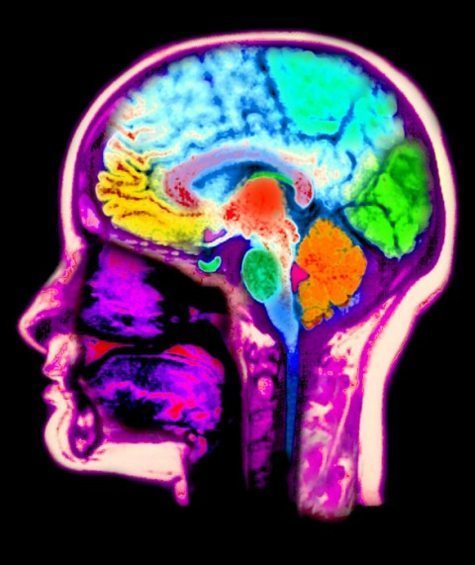BY RON duBOIS
When we came to Stillwater 50 years ago, stigma in the form of segregation was in full force. We saw no blacks on the OSU campus, nor in restaurants.
As a young white couple with a family, we were too occupied to take time to stand up and speak out … we were silent.
Today, thanks to the late Clara Luper, segregation has lost its power and legal status in Oklahoma. There is hope we are becoming inclusive rather than exclusive racially, to a place where skin color is no longer a mark of disgrace or infamy … or a reproach to one’s reputation.
Today’s social hatred and stigma is towards a different social group … those with a mental or addiction disorder. It is in full force and “just a step away.” “Throw ’em in jail and throw away the key” defines the stigma.
According to a leading Oklahoma attorney, “Despite the fact that there are reams of literature about this subject, the public is for the most part highly uneducated about addiction being a medical and not a criminal issue.”
The 40-year-old War on Drugs has been and still is the engine of incarceration for the poor and for people of color… there are more African Americans in jail today than slaves during the slave era!
“Everybody wants to fight stigma and for good reason” writes E. Fuller Torrey, celebrated research psychiatrist. For many, he writes, “It becomes a scarlet letter.”
The public fails to understand that those suffering from addiction or from any brain disorder are not stupid; they are wounded and need respect. They don’t need stigma and branding for the rest of their lives. They need treatment, not incarceration that is expensive, futile, and a needless burden to taxpayers.
Rather than being part of the solution, attorneys, judges, police officers, legislators, news reporters, ministers, school administration, church boards, drug court programs [as opposed to mental health court programs], jail administrators, county and city commissioners and the lay public are too often part of the problem. Under the sway of stigma they make mistakes.
Fortunately a growing number of organizations understand the science of addiction and are part of the solution, i.e., working to change current punitive laws towards an illness.
William Burke said, “The progress of the human mind is slow.” Happily in the course of decades stigma can be erased.
How long will it take to kick our collective addiction to treating a public health problem with law enforcement means, and start thinking about the matter clearly? How long will we continue to allow more jail inmates to commit suicide from lack of proper medication? How long will the idea that one less inmate doesn’t matter because it saves the taxpayers money? [The number of people who have committed suicide because of stigma is unknown.]
Stigma – the belief that some of us deserve disgrace and dishonor because we were born with physical or mental infirmities, are ill, have the “wrong” skin color or some other “wrongness” [even though conferred by genetics or a “higher power”] rules our thinking.
Stigma should always be exposed as delusional thinking, an illness in itself.
We need to stop viewing users as criminals and we need to treat those with substance abuse disorders as people with health and emotional problems.
Doing so would free up a significant amount of jail space, court time and law enforcement resources.
Stigma strikes at the core of a sense of self worth: it destroys essential self-esteem of a person or group to the point where its victims are driven into a corner of no escape, depression, despair, fear or suicide. Those addicted to stigma fail to look beyond the illness to the person. They fail to understand that it’s OK to hate the disease, but not the person.
A book that for me sheds light on stigma is, My Stroke of Insight, by brain scientist Dr. Jill Bolte Taylor. She writes, “Although many of us think of ourselves as thinking creatures that feel, biologically, we are feeling creatures that think.”
The implication for me is that stigma resides in the limbic system, that part of the reptilian brain triggered by unfamiliar or threatening stimulation.
Another book, Stay Close, by Libby Catalda, an educator and mother of a son with an addiction to heroin, is a contribution towards ending the stigma.
This Fall, the Oklahoma Outreach Foundation, a private organization working quietly to bring about reform, will host Richard Dreyfus, well known actor and social commentator.
His comment – “I really think that living is the process of going from complete certainty to complete ignorance” – is typically thoughtful. He will speak about his own recovery from substance use disorder and connected issues. Tickets are $125 and may be purchased by calling 405.843.2402.
– Ron duBois lives in Stillwater, OK and is an occasional contributor to The Oklahoma Observer









Excellent article by Ron duBois. However, Ron omits mention of another stigmatized category–the outsider. Humans have a tribal history. This explains (but does not excuse) the stigmatization of Hispanics (and other foreigners) who come to our country to work, or study, or escape poverty or persecution.